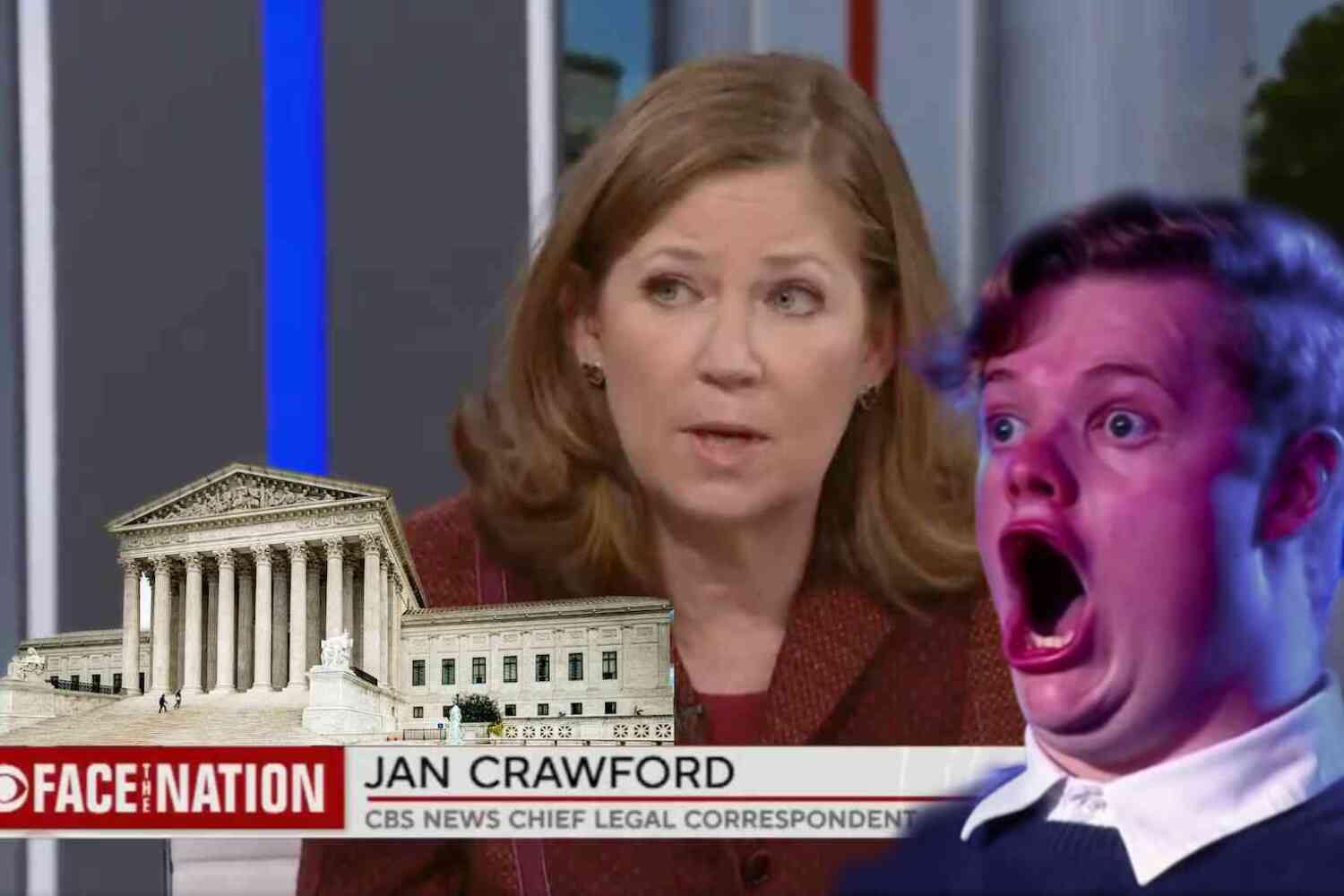Here's your daily reminder that you don't actually own property if the government can seize it for not paying property tax:
Geraldine Tyler, now 94, lost her one-bedroom condo in Minneapolis over $2,300 in unpaid taxes, plus interest and penalties. Hennepin County sold the apartment for $40,000 and kept every penny.
Tyler's lawyers say the county violated constitutional protections against having property taken without "just compensation" and excessive fines. The Supreme Court, which hears arguments Wednesday, will decide.
Now, it's worth pointing out that Mrs. Tyler acted somewhat strangely in this case. This was not a case where the homeowner fell behind on payments after losing a job or a pension. Mrs. Tyler reportedly moved out of her condo into an elderly community and ceased paying taxes on her condo at all.
The county waited the appropriate amount of time before seizing the property and selling it. Under state law they are permitted to do so. No violations there.
But are they allowed to do that without giving the homeowner any money? That's what's uncertain:
Tyler believes "the Constitution required the State to serve as her real estate agent, sell the property on her behalf, and write a check for the difference between the tax debt and the fair market value."
That seems eminently fair. Whatever reason Mrs. Tyler had for not paying the tax bills, the county should have compensated her for the sale of the condo. The only money to which they could reasonably lay claim from the sale was the full amount of unpaid taxes and fees, not the value of the property itself.
A "handful of states and government associations" are backing Hennepin County, while Mrs. Tyler has the support of "AARP, business groups, real estate interests and other people who have gone through experiences similar to hers."









